Why Is My Car Rattling: Diagnosing Common Causes
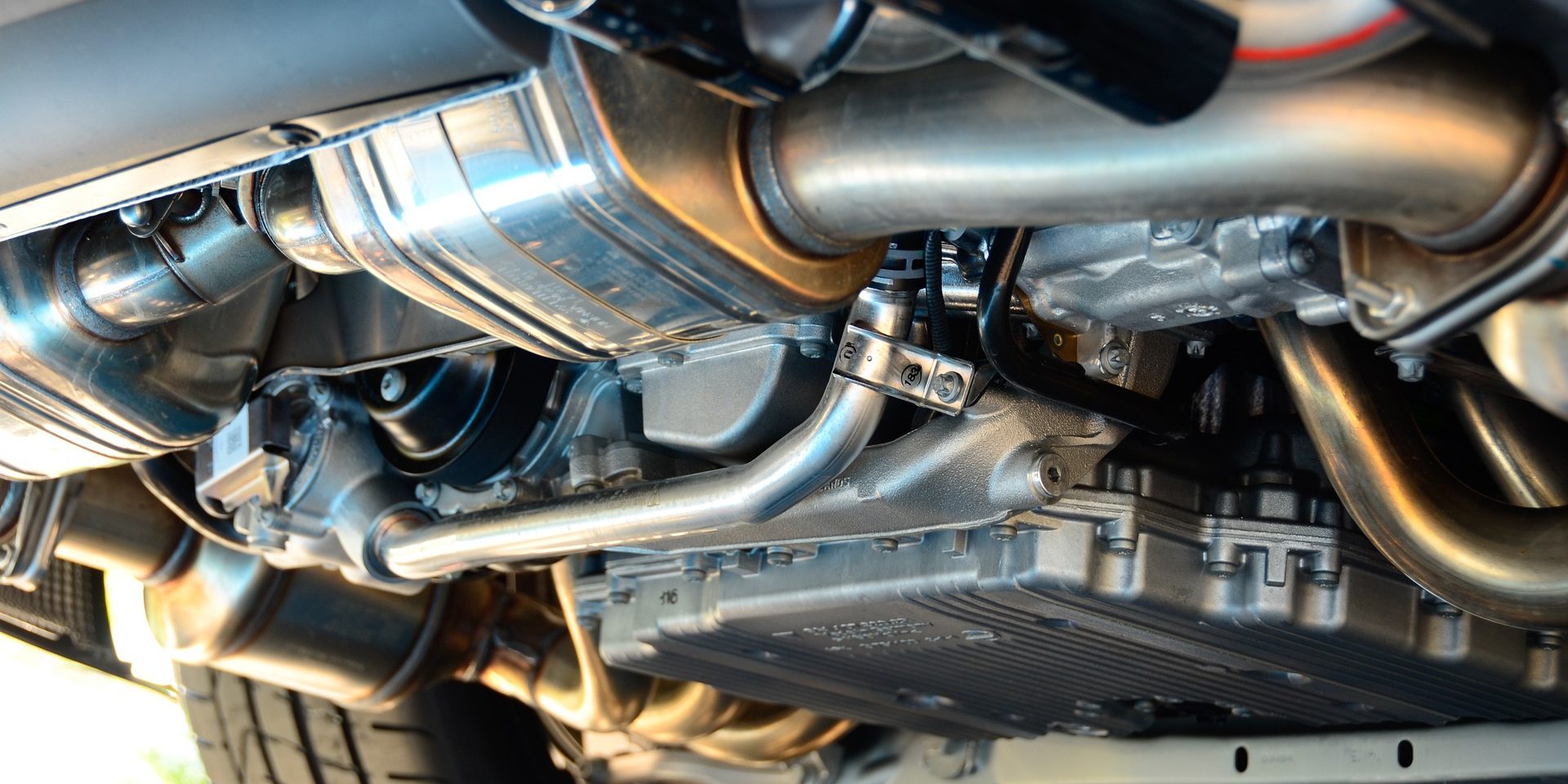
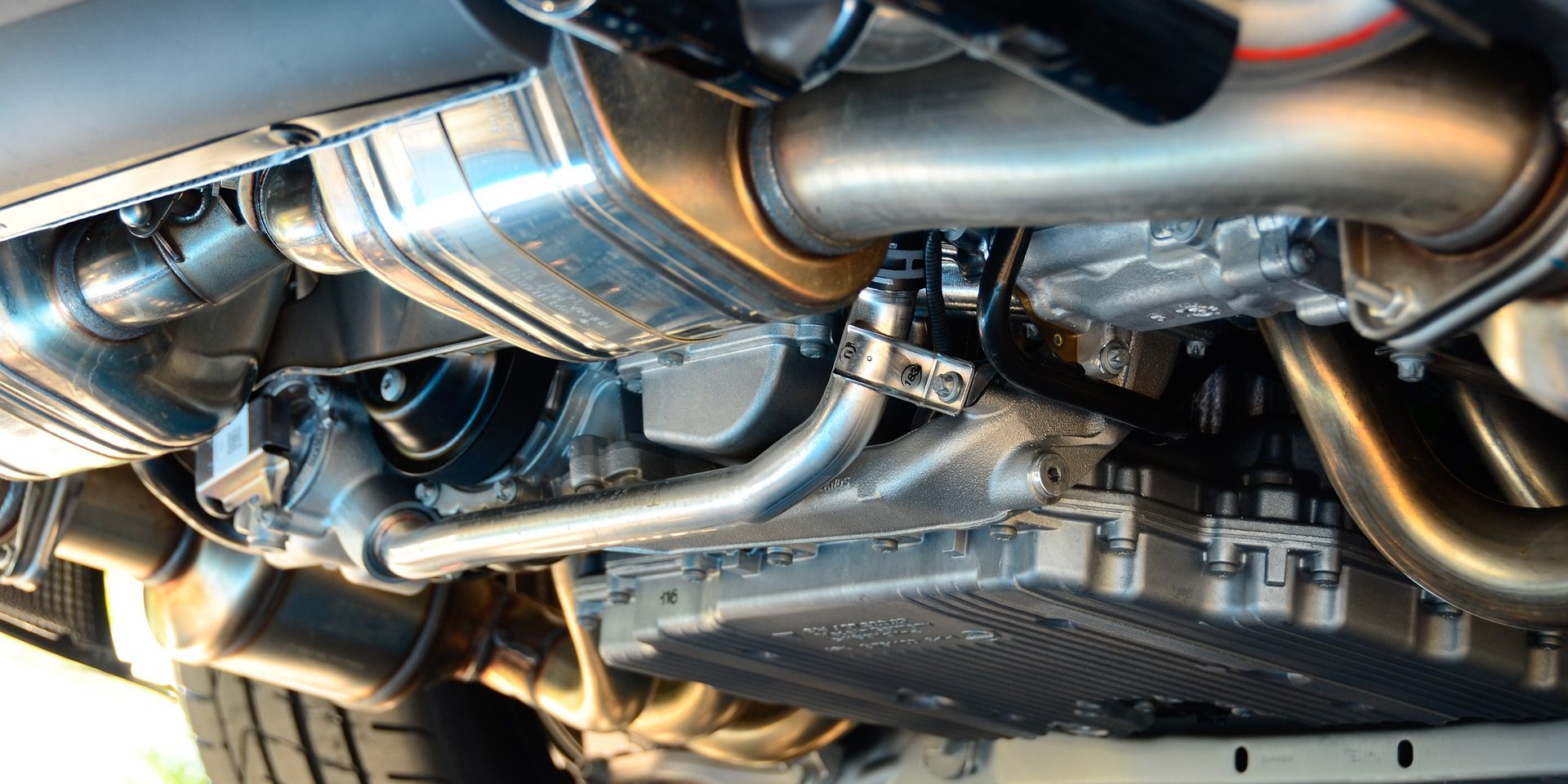
If you’ve ever wondered why your car is rattling, you’re not alone. This common issue can be both unsettling and annoying. Rattles from a car can originate from a variety of sources, each with its own set of potential problems. Some rattles are minor and may require a simple fix, such as tightening loose lug nuts, while others suggest more serious issues like brake problems or exhaust component failures.
Understanding the underlying causes of car rattles involves inspecting various systems. It’s crucial to check engine oil levels, as low oil can lead to increased friction and noise. The suspension and steering components should also be examined as they can produce a rattling sound when they’re worn out or loose. Inspecting the exhaust system, brakes, belts, pulleys, and both the interior and exterior of the car for signs of looseness or wear can help diagnose the source of the noise. When in doubt, seeking professional assessment ensures accurate diagnosis and repair which helps maintain overall vehicle health.
Key Takeaways
- Car rattles can be caused by a myriad of issues, from minor fixes to serious mechanical problems.
- Properly diagnosing the cause of a rattle requires checking various car components, including engine oil and suspension.
- Regular maintenance and professional inspections are key to keeping a car running smoothly and quietly.
Understanding Car Rattles
When a car begins to emit a rattling noise, it is essential to identify and address the potential causes. This involves recognizing where and when the noise occurs and understanding common culprits behind these unsettling sounds.
Identifying Rattling Noises
Observation is key to diagnose a car’s rattling noises. Drivers should pay attention to whether the car rattles when accelerating or if it’s more pronounced when idling. They should also determine if the noise presents itself only when the car starts or if it persists after the engine warms up. Taking note of these specifics can significantly aid in pinpointing the source of the noise.
Common Causes of Rattling
Several factors can cause a vehicle to rattle:
- Loose Exhaust Components: Rattling often arises from parts of the exhaust system becoming loose. Frequent vibrations and the heat of the exhaust can wear down connections over time.
- Worn Suspension Parts: Suspension systems endure substantial strain, and worn or broken components can lead to unmistakable rattling, especially on bumpy roads.
- Brake Issues: Problems with brake pads, calipers, or rotors could cause rattling sounds when the brakes are applied.
- Faulty Catalytic Converter: The catalytic converter can cause a rattle if it’s damaged, often because of the materials inside breaking down.
Car owners should consult a professional mechanic when they identify a persistent rattling noise to ensure a correct diagnosis and repair.
Engine and Oil Issues
In the realm of car maintenance, engine health is paramount, and oil plays a crucial role. Poor lubrication can lead to substantial wear of engine components, causing audible distress known as rattling.
Low Oil and Its Effects
When a vehicle’s engine is running low on oil, it cannot maintain proper lubrication. Engine components like pistons and the timing chain rely on a consistent oil supply to operate smoothly. Without adequate oil, these parts can wear prematurely, and the piston slap, which is the noise made when a piston moves laterally and contacts the cylinder wall, may become more pronounced. This wear and tear often manifest as a rattling noise indicative of an unhappy engine.
- Effects of Low Engine Oil:
- Increased friction between engine parts
- Accelerated wear, leading to rattling and potential damage
Engine Component Wear
Over time, various engine parts are subject to wear. A common culprit for rattling is a stretched timing chain, which can slacken and rattle against the casing. Similarly, worn engine mounts—designed to secure the engine within the vehicle and dampen vibration—can also lead to rattling noises when they fail to cushion the engine’s movement effectively.
- Commonly Affected Components:
- Pistons: can lead to audible symptoms like rattling when worn
- Timing Chain: if stretched, can cause rattling
- Engine Mounts: worn mounts result in excessive engine movement and noise
By attending to oil levels and monitoring engine component condition, drivers can prevent the unsettling soundtrack of engine rattling.
Exhaust and Emission Systems
When diagnosing rattling noises in a vehicle, it’s crucial to consider the exhaust and emission systems. Issues with the catalytic converter and heat shields, or a loose exhaust system, can lead to distinct rattling sounds. These components are not only essential for a vehicle’s operation but also play significant roles in controlling emissions.
Catalytic Converter Problems
The catalytic converter is a critical component of the emission system, converting harmful gases into less toxic substances before they exit the tailpipe. Symptoms of a bad catalytic converter include a rattling noise, which might indicate that the internal honeycomb structure has deteriorated. This loss of integrity can cause a reduction in engine performance and increased emissions.
- Signs of Failure:
- Rattling noise under the vehicle
- Reduced acceleration
- Engine misfires
- The vehicle fails an emissions test
Why Is My Car Making A Rattling Noise? Causes & Fixes – Mechanic Base emphasizes that issues such as broken mounts or a deteriorating structure within the converter can cause these rattling sounds.
Heat Shields and Loose Exhaust
Heat shields are designed to protect the vehicle from the extreme heat generated by the exhaust system. Over time, these can become corroded or loose, resulting in a metallic rattling noise especially noticeable during idling or when the engine is cold.
- Common Heat Shield Issues:
- Corrosion leading to brittleness
- Bolts or fasteners that secure the heat shield becoming loose or missing
A loose exhaust system can also produce a noticeable rattle. Components such as exhaust hangers and mounts keep the exhaust system aligned under the vehicle. If these parts are damaged or have failed, the stability of the entire system is compromised, which can be heard as a rattle when the vehicle is running.
How to Fix a Rattling Exhaust: Troubleshooting And Repair Tips provides a detailed look at identifying these issues and suggests appropriate repairs to silence the unwanted noise.
Suspension and Steering Components
When diagnosing rattling noises in a vehicle, it’s essential to consider the roles and conditions of the suspension and steering components. These parts are crucial for providing stability and control, and wear or damage to them can result in noticeable rattling sounds.
Wear on Suspension Parts
The suspension system is fundamental to a car’s handling and comfort. Over time, parts like bushings, struts, and shock absorbers may become worn. Worn shock absorbers can particularly lead to rattling, as their ability to absorb road imperfections diminishes. Similarly, bushings, made of rubber or polyurethane, are designed to cushion the connection between the suspension components and the vehicle’s frame. When these bushings degrade, the metal-on-metal contact might manifest as a rattling or clunking noise, especially when driving over bumps or uneven surfaces.
Steering System Anomalies
The steering system, while mainly for vehicle direction control, can contribute to rattling when afflictted with faults. Issues with the control arms or sway bar links can result in unsettling noises. A faulty sway bar link can produce a distinctive rattle, particularly when the vehicle is navigating turns or rolling over bumps. These links connect the sway bar to the suspension and are vital for maintaining vehicle stability. They should have no play when manipulated; any movement could indicate it’s time for replacement. The control arms, which connect the steering to the wheels, can also be sources of rattling; defective control arms can lead to knocking sounds due to excessive play or damaged bushings within the arm itself.
Brakes and Wheels
Rattling sounds from a vehicle can frequently be traced back to issues related to the brake system or wheels. These components are critical for vehicle safety and performance.
Brake System Issues
When drivers experience rattling noises, it’s possible that the brake system is the culprit. Worn or degraded brake pads are a common issue. They serve as buffers between the brake caliper and the rotor, but when they wear down, metal may contact metal, leading to rattling or squeaking noises. Another cause could be brake calipers that are not secured properly, allowing for abnormal movement that generates rattling.
- Loose Parts: Components in the brake system, such as caliper bolts, can become loose and rattle, especially when applying the brakes.
- Worn Pads: Over time, brake pads wear down; if they reach the point where the pad backing contacts the rotor, a rattling noise may occur.
Wheel Problems
Wheel-related rattling often originates from loose or damaged parts in the wheel wells. A common wheel problem is a loose lug nut, which can create a rattling sound as the wheel rotates. Additionally, worn wheel bearings may produce a rattling sound, indicative of their need for replacement.
- Lug Nuts: Ensure all lug nuts are tight as a loose lug nut can cause a wheel to rattle.
- Bearings & Wheel Well: Worn bearings or debris in the wheel well can also contribute to rattling noises.
Maintaining these components is essential for safe driving and can prevent a minor rattle from becoming a major repair.
Belts and Pulleys
Vehicle rattles can often be attributed to issues with the vehicle’s belts and pulleys—key components in the drive belt system responsible for powering auxiliary parts like the alternator and air conditioning compressor.
Drive Belt and Tensioner Concerns
The drive belt, also known as a serpentine belt, requires proper tension to function smoothly. A belt tensioner ensures this pressure, but over time, it can weaken or fail, leading to a slack belt. Symptoms of tensioner or drive belt issues include a distinct rattling or flapping noise, especially on startup. Regular inspection of these components for wear or damage is crucial to prevent such noises.
Other Pulley and Belt Noises
Apart from the tensioner, pulleys guide the serpentine belt across various accessories, including the alternator. A faulty pulley can produce a rattling noise due to worn bearings. The serpentine belt itself can deteriorate, leading to cracking and slipping, which results in an array of unsettling noises. Periodic checks for proper alignment and condition of the belt and pulleys can prevent these sounds and ensure the longevity of the belt-driven accessories.
Interior and Exterior Checks
When diagnosing a car’s rattling noises, it’s crucial to conduct both interior and exterior checks. Ensuring that interior components are secure can eliminate rattle sources, while a thorough undercarriage inspection can highlight issues on the car’s exterior that may need attention.
Secure Interior Components
One common cause of interior rattling is loose items in the cabin. Glove compartments, door pockets, and console storage can harbor items that jostle and create noise. It is essential to remove all such contents and secure them properly. A spare tire that is not tightly fastened can also contribute to interior noise. Check the spare tire compartment, making sure the tire is appropriately secured and all associated tools are stowed away neatly to prevent unwelcome sounds.
Exterior and Undercarriage Inspection
Outside the cabin, several points are vital to inspect. Starting with the undercarriage, one should check for any loose exhaust components or shieldings that may be the culprit of such noises, as these parts can become corroded over time. Moving to the car’s bonnet, ensure that all components are tightly fastened and that nothing is rattling around in the engine compartment. All inspections should be thorough, checking for any parts that may have come loose and could be causing the rattling noise.
Professional Diagnosis and Repair
Determining the cause of a car’s rattling noise may require the expertise of a professional mechanic. They have the tools and experience to accurately diagnose issues and carry out repairs, ensuring safety and reliability.
When to Visit a Mechanic
Safety First: If a vehicle starts making unusual noises such as a rattle, it is advisable to consult a professional mechanic promptly. Ignoring such sounds can lead to more significant damage or pose a safety risk.
Expertise Matters: Mechanics can pinpoint the exact cause of the noise, whether it’s a loose exhaust system or worn suspension components. Their training allows them to identify and resolve issues that might not be obvious to the untrained eye.
Estimating Repair Costs
Transparent Quotations: Professional mechanics typically provide a detailed breakdown of repair costs. This itemization includes parts, labor, and additional service fees, allowing vehicle owners to understand where their money is going.
Avoiding Expensive Repairs: Addressing a problem early on can prevent more expensive repair bills in the future. Mechanics can offer cost-effective solutions and suggest preventative maintenance to minimize long-term expenses.
Maintaining Vehicle Health
Maintaining the health of a vehicle involves regular checks and timely attention to any issues that arise. This proactive approach ensures optimal performance, fuel economy, and safety.
Regular Maintenance Importance
Regular maintenance is crucial for a vehicle’s longevity and efficiency. It includes scheduled oil changes to ensure proper lubrication of engine components, which can prevent the engine from working harder than necessary—a key factor in maintaining good fuel economy. Additionally, periodic checks and replacements of air filters contribute to a cleaner engine and better weight-to-power ratio.
- Checklist for Regular Maintenance:
- Oil and filter change
- Air filter inspection and replacement if necessary
- Tire rotation and balancing
- Brake inspection
- Fluid level checks and top-offs
Regular maintenance also involves ensuring the alignment of wheels to avoid uneven tire wear and unnecessary strain on the vehicle’s suspension. This is especially important for those frequently traveling on bumpy roads.
Attending to Issues Promptly
Identifying and addressing car issues promptly can prevent minor problems from escalating into major and costly repairs. For instance, if a vehicle begins to produce a rattling noise, it could indicate loose components within the engine compartment. Immediate inspection can lead to quick fixes such as tightening bolts and adding lubrication where needed.
- Steps to Attend to Issues:
- Listen carefully to the vehicle’s sounds during operation.
- Inspect the vehicle for any visible signs of wear or damage.
- Have a professional mechanic diagnose the issue if it’s beyond one’s expertise.
Staying vigilant and rectifying problems early maintains the vehicle in a stable condition, enhances performance on the road, and extends the overall life span of the car.
Why Is My Car Rattling? – Frequently Asked Questions
This section provides detailed answers to common questions about various rattling noises a vehicle may produce, helping to diagnose and address these concerns effectively.
What causes a rattling noise in the front of a vehicle?
A rattling noise in the front of a vehicle is often due to loose components such as the heat shield or engine mounts. Worn suspension parts can also be culprits, contributing to rattling noises when driving over uneven surfaces.
What might be the reason for a car to rattle while accelerating?
If a car rattles while accelerating, this could indicate a problem with the exhaust system, such as a loose muffler or heat shield. It may also point to issues within the engine, such as timing chain rattles.
How can I identify the source of rattling while the car is in motion?
Identifying the source of a rattling noise while the car is in motion involves a process of elimination. Listening for changes in the noise in relation to speed, engine load, and vehicle location can help narrow down potential issues.
What are common issues that lead to a car rattling upon ignition?
Common issues that lead to a car rattling upon ignition include loose components in the exhaust or engine systems. Starter motor issues may also cause a rattling noise at startup.
Can driving over bumps result in a rattling sound from underneath the car?
Yes, driving over bumps can result in a rattling sound from underneath the car. This is often due to loose exhaust components or damaged brackets that cause parts to knock against each other or the car’s frame.
When is it dangerous to drive with a rattling noise emanating from the car?
It’s advisable to investigate any persistent rattling noises. Some rattles may be benign, but others can indicate serious issues like suspension or brake problems. If a rattle seems related to the vehicle’s vital functions, it can be dangerous to drive and should be inspected immediately.





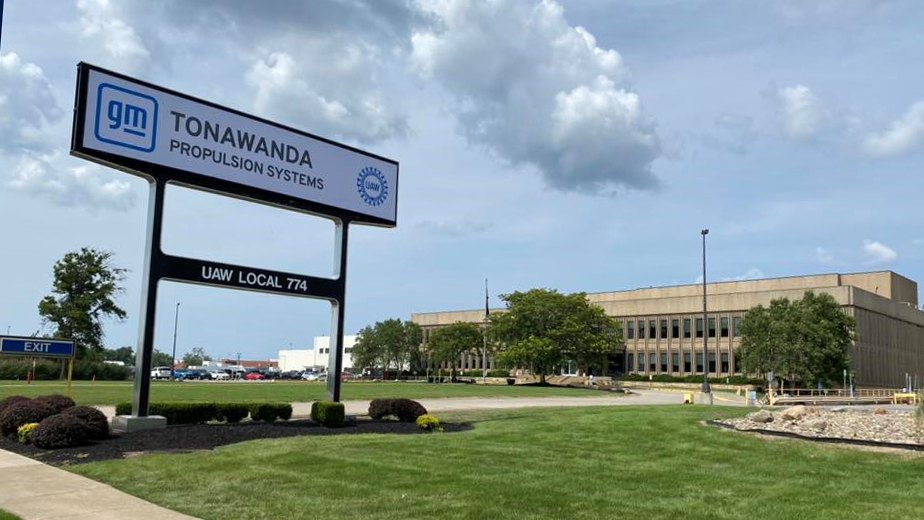


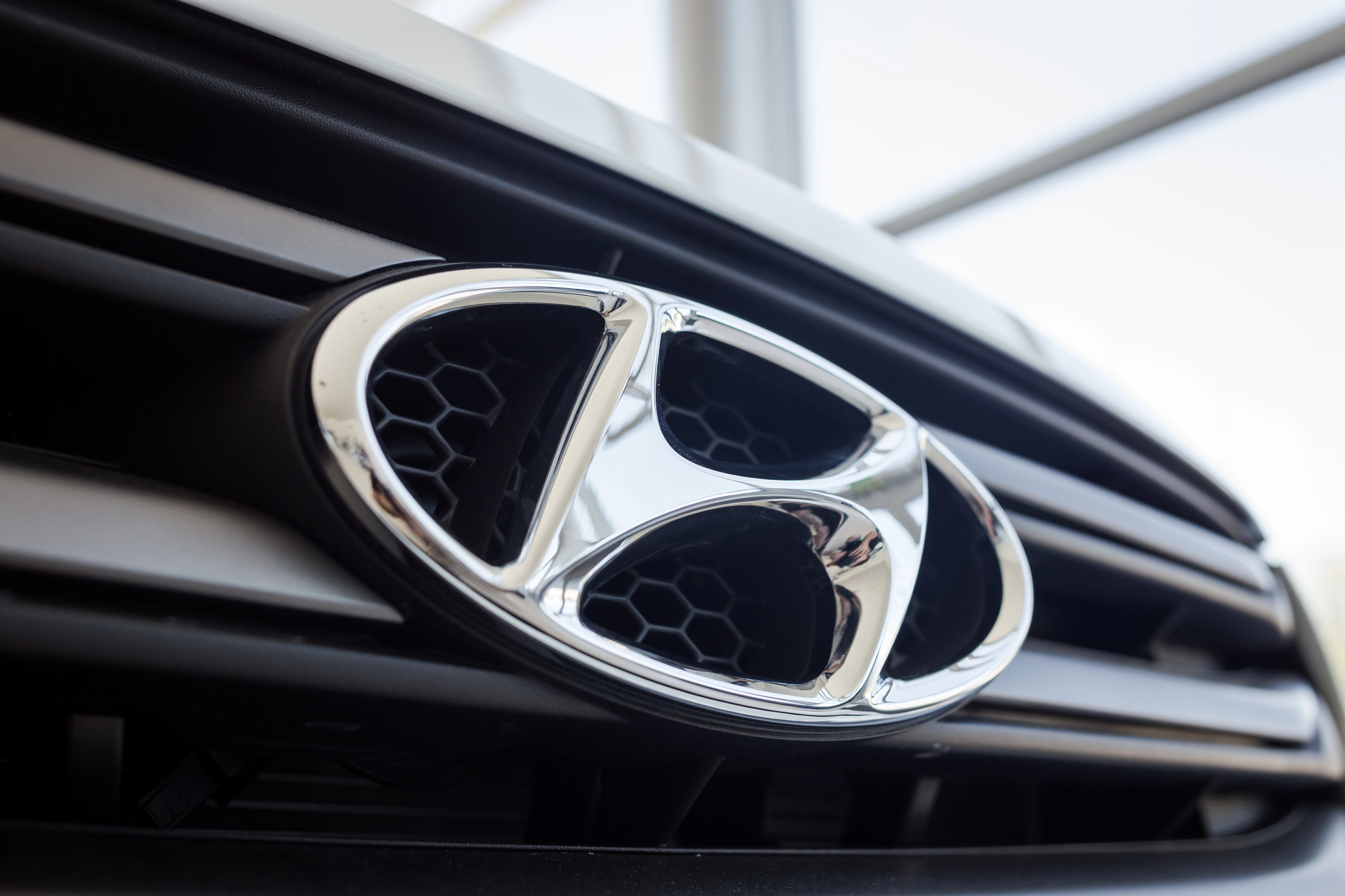

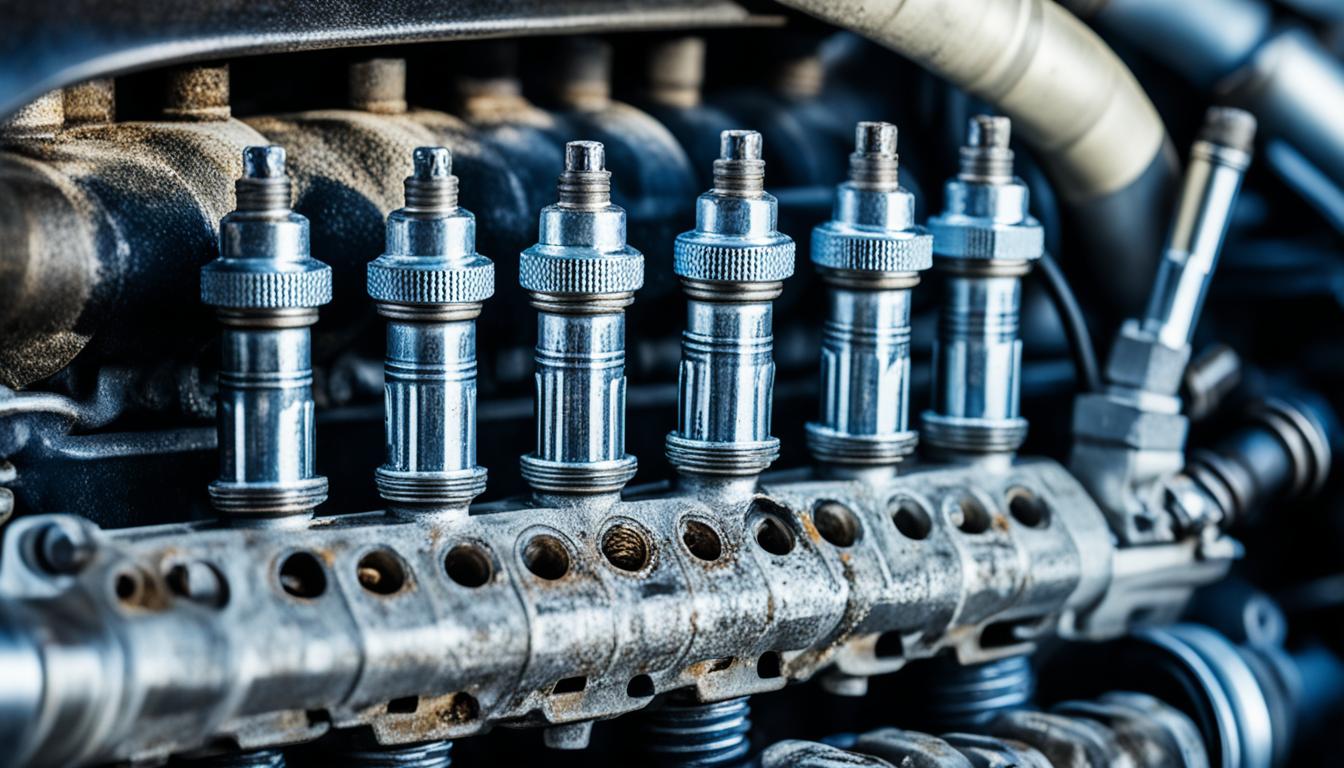
[…] What could be causing my car to make a rattling noise when I turn it […]